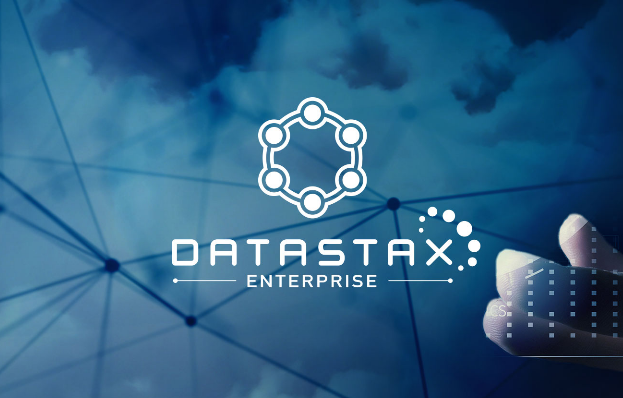 CLOUD
CLOUD
 CLOUD
CLOUD
 CLOUD
CLOUD
DataStax Inc. will kick off its new user conference today by introducing a cloud-native version of its Apache Cassandra-based NoSQL database management system, along with a set of services to enable users to get started rapidly developing applications in the cloud.
DataStax Constellation is the foundation for what Chief Executive Billy Bosworth said will eventually be a “cloud platform for delivering solutions that are easy and will eventually span edge to cloud.” It’s built upon the open-source Apache Cassandra, a distributed and highly scalable DBMS known for its reliability and performance.
The new service will initially be available on Microsoft Corp.’s Azure and Google LLC’s Cloud Platform, with availability on Amazon Web Services Inc.’s cloud planned for the fourth quarter. Constellation is faster, more resilient to outages and more scalable than existing cloud-based versions of Cassandra, which are basically repurposed from their on-premises equivalents, Bosworth said.
There’s no one agreed-upon definition for “cloud-native,” but the term generally refers to software that is built with a horizontally scalable architecture using clustered servers and an assortment of cloud-based services. In general, cloud-native applications are more flexible, scalable and simpler to deploy, with pricing that scales linearly with usage.
That last feature should reduce costs for some customers by replacing annual subscription pricing with a more flexible alternative. “In the cloud you’re going to pay on much more granular and atomic levels, such as by the hour,” Bosworth said. Pricing isn’t published but will be based on what the company calls “computing units,” which include such factors as the number of regions, transactions and promised availability levels.
Datastax currently offers its product on major infrastructure-as-a-service platforms in marketplace versions that “aren’t the full native cloud experience,” Bosworth said. “Our current cloud offering is a white-glove service where we set up the environment for you.”
In contrast, the new service is intended to be “extraordinarily easy to deploy,” he said. “You’re up in a few minutes with a few clicks. The back-end experience is native and fast without the need to worry about operational details,” providing a single view of all clusters for diagnosis and repair. A new service called DataStax Insights, which is also being introduced today, adds performance management and monitoring specific to cloud instances.
Apache Cassandra was originally developed at Facebook Inc. and released to open source in 2008. It graduated to a top-level project at the Apache Software Foundation more than nine years ago.
Among the features of the new Constellation service are the use of multiple data replicas, with users only charged when the database is in use, up to three times better performance than the open-source version of Apache Cassandra and enterprise-grade security including unified authentication and data auditing. The Insights performance management and monitoring tool provides centralized and scalable monitoring across all cloud and on-premises deployments, a single “health index” for simplified administration of multiple clusters, artificial intelligence-based analysis and drill-down discovery.
Constellation provides full compatibility at the application program interface level with other versions of Datastax’s Cassandra implementations, both on-premises and in the cloud, Bosworth said. “Pointing to Constellation-as-a-service requires little change; take the apps and point it to the new clusters,” he said. The company will continue to offer a range of on-premises and cloud versions of the DBMS.
Support our mission to keep content open and free by engaging with theCUBE community. Join theCUBE’s Alumni Trust Network, where technology leaders connect, share intelligence and create opportunities.
Founded by tech visionaries John Furrier and Dave Vellante, SiliconANGLE Media has built a dynamic ecosystem of industry-leading digital media brands that reach 15+ million elite tech professionals. Our new proprietary theCUBE AI Video Cloud is breaking ground in audience interaction, leveraging theCUBEai.com neural network to help technology companies make data-driven decisions and stay at the forefront of industry conversations.